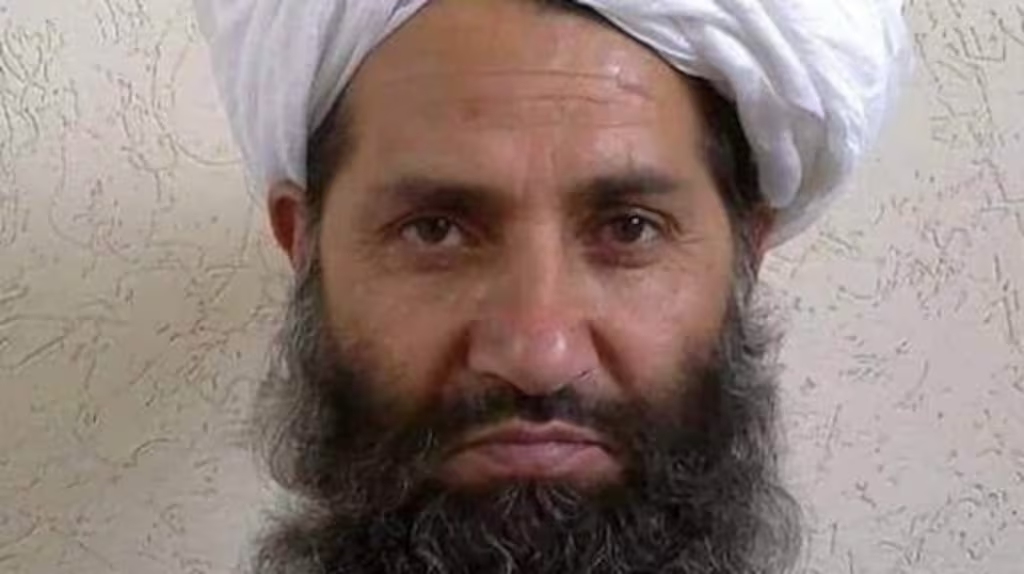The chief prosecutor of the International Criminal Court (ICC) announced on Thursday that he is seeking arrest warrants against top Taliban leaders in Afghanistan. These charges relate to the persecution of women, which is classified as a crime against humanity.
Karim Khan, the ICC’s prosecutor, stated that there are strong grounds to suspect Taliban Supreme Leader Hibatullah Akhundzada and the group’s Chief Justice Abdul Hakim Haqqani of committing the crime of persecution on gender grounds. He highlighted that women, girls, and the LGBTQ community in Afghanistan face unprecedented and ongoing persecution under the Taliban regime.
Khan emphasized, “Our action signals that the status quo for women and girls in Afghanistan is not acceptable.” The ICC judges will now assess the application before deciding on issuing the arrest warrants. This process could take weeks or months.
The requests are based on various pieces of evidence. These include expert and witness testimonies, official decrees, forensic reports, statements by the accused and other Taliban representatives, as well as audio-visual materials, according to Khan. He warned that additional applications against other Taliban officials would soon follow.
The prosecutor also noted that the Taliban are responsible for other crimes against humanity. He pointed out that resistance or opposition to the group is often met with brutal repression. These crimes include murder, imprisonment, torture, rape, enforced disappearance, sexual violence, and other inhumane acts.
Since their return to power in August 2021, the Taliban have imposed harsh restrictions on women and girls. The United Nations has labeled these actions as “gender apartheid.” Women are banned from attending universities, secondary schools, and beauty salons. Additionally, they are barred from working at NGOs, including the United Nations.
Khan strongly stated that the Taliban’s interpretation of Sharia cannot justify these violations of fundamental human rights. He added that these acts amount to crimes under the Rome Statute.
The ICC, based in The Hague, investigates the world’s worst crimes, such as war crimes and crimes against humanity. However, the court lacks its own police force and depends on its 125 member states to execute arrest warrants. This reliance has yielded mixed results in the past.
The arrest warrants mean that any individual subject to ICC charges risks detention when traveling to member states. Human Rights Watch (HRW) welcomed the ICC’s action. The organization called the move “a reminder that justice can prevail.”


